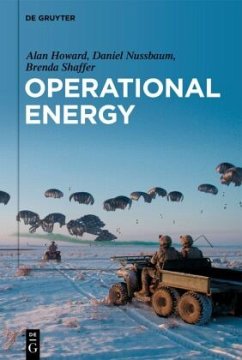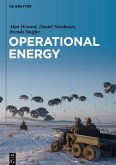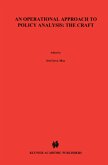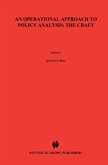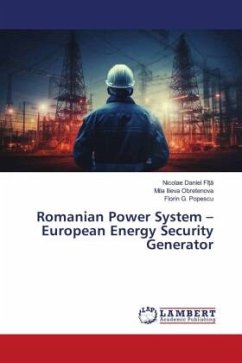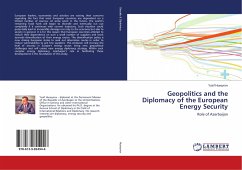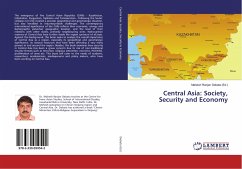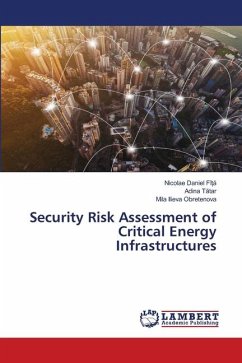Energy is an enabler of - and a constraint on - military power. Operational Energy provides military officers with knowledge and skills to plan effectively for the operational energy needs of their forces. Operational energy is the energy used to train, move, and sustain military forces and weapons platforms for military operations.
Energy has always played a role in battlefield outcomes. Over the twentieth and early twenty-first centuries the importance of energy in warfighting has grown. Today, energy is a critical pillar of national defense and a major factor in military power. In modern warfare, attaining energy superiority over one's adversaries is a critical condition for success on the battlefield. Operational energy planning is an integral part of all combat and regular operations.
Operational Energy is a valuable and extensive resource for students of US Department of Defense courses in military universities, colleges, and academic training programs; scholars of geopolitics, and researchers on US and global energy security.
Operational Energy is to date the only textbook on defense energy planning, analysis, and strategy. It examines in detail fuel types, geopolitical issues, energy supply risks, market economic factors, and technology, presenting topics for future research. It also includes chapter summaries, main points for study, and case studies.
Hinweis: Dieser Artikel kann nur an eine deutsche Lieferadresse ausgeliefert werden.
Energy has always played a role in battlefield outcomes. Over the twentieth and early twenty-first centuries the importance of energy in warfighting has grown. Today, energy is a critical pillar of national defense and a major factor in military power. In modern warfare, attaining energy superiority over one's adversaries is a critical condition for success on the battlefield. Operational energy planning is an integral part of all combat and regular operations.
Operational Energy is a valuable and extensive resource for students of US Department of Defense courses in military universities, colleges, and academic training programs; scholars of geopolitics, and researchers on US and global energy security.
Operational Energy is to date the only textbook on defense energy planning, analysis, and strategy. It examines in detail fuel types, geopolitical issues, energy supply risks, market economic factors, and technology, presenting topics for future research. It also includes chapter summaries, main points for study, and case studies.
Hinweis: Dieser Artikel kann nur an eine deutsche Lieferadresse ausgeliefert werden.

